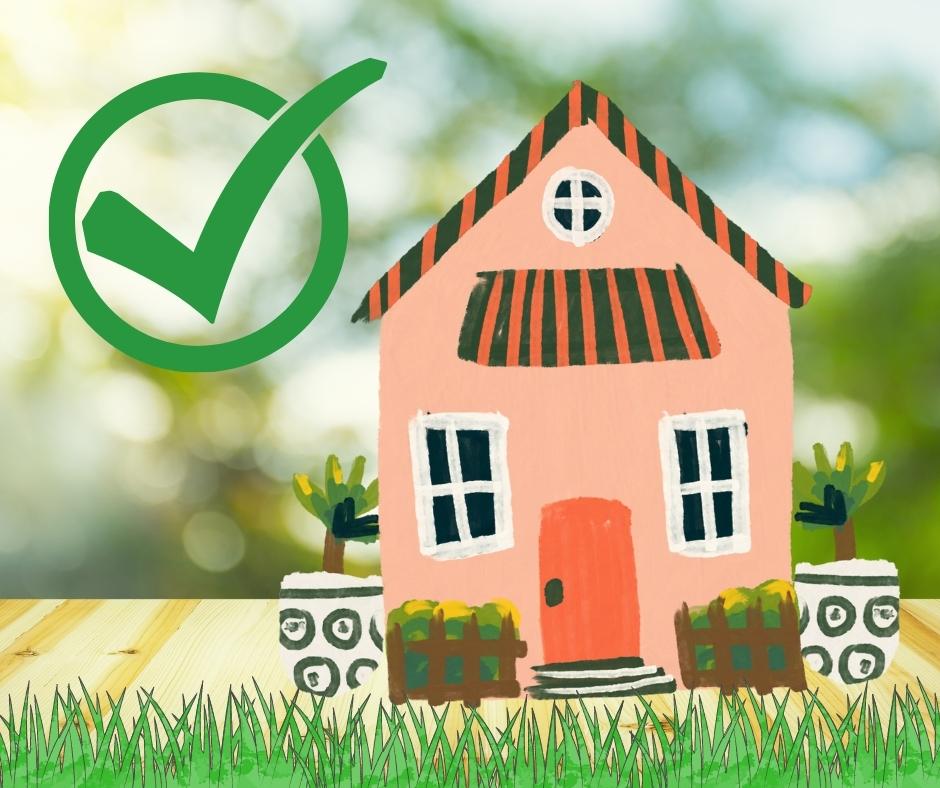We know that mortgage documentation sounds like a dry topic! But knowing in advance the admin you may need to do to get a mortgage can reduce anxiety and make you feel more in control. Presenting the right documentation in the right format at the right time will speed up the mortgage process and go a long way to ensuring that your application is successful. It’s one of the reasons it’s best to use a mortgage adviser; we ensure you have your documentation sorted.
Read on for our heads-up on the paperwork you’ll likely need to provide to support your pre-approval or application.
Proof of identity
You’ll need to prove your identity using either a current passport or a current driver’s licence. Quick tip, make sure you have signed your passport; if it’s not signed then it’s not valid.
Proof of income
Lenders need proof of your income to be assured that you can afford the mortgage. If you’re employed, this means providing recent payslips or a letter from your employer that confirms your salary. If you’re self-employed, the main banks require 2 years of accountant-prepared financials, including profit and loss statements, tax returns, and bank statements. If you have been in business for less than 2 years, we do have alternate options.
Proof of accounts, savings and assets
When calculating risk, a lender will want to know your savings and assets and check that, for your age, you have accumulated wealth, showing good savings habits. To that end, you’ll need to provide bank statements for the previous three months for all accounts in your name and documentation of any other assets.
Proof of the deposit
The banks want to check that you have sufficient funds for the deposit and that you have at least 5% true savings towards the deposit. If the deposit is made up of a gift, you need to provide proof of where the gift is coming from. If you are a first-home buyer using KiwiSaver, you will need to provide a KiwiSaver Eligibility letter.
Disclosure of existing debts
Debts are the other side of the coin when calculating risk. Lenders will want to know about any existing debts, such as credit cards, personal loans, car loans, buy now pay later accounts etc. You’ll need to provide statements for these debts to show how much you owe and the repayment schedule. For debts, the banks require 6 months of statements. Check your credit report to make sure that any old credit facilities have been closed.
Property details
When you’re at the point where you want to buy a specific property, you’ll need to provide the lender with documents such as the sale and purchase agreement, a valuation report, the title, proof that you can get insurance and, sometimes, a builder’s report, weather tightness report, EQC scopes of works and signed off completion of works if the property has been affected by earthquakes or other weather events.
Additional documentation
In some cases, you may need to provide additional documentation. Some common examples are:
- If you have a student loan, you will need to provide a copy of the loan balance. This can be obtained from the IR website.
- If you are buying an investment property, you may need a rental assessment provided by the real estate agent or a rental firm.
- If you are going to have a flatmate or boarder, you will need to have a certificate to show the expected income.
- If you are purchasing the property under a trust, the documentation required varies by lender and often depends on the complexity of the trust structure. Common requirements include:
-
- A certified copy of the trust deed
- A certified copy of the trust’s registration certificate
- Financial statements for each of the trustees detailing income, expenses, assets, and liabilities. Lenders may also require a guarantee from each of the trustees in which they declare they can meet the mortgage obligations.
- Trust resolutions authorising the purchase of the property and borrowing resolutions that approve taking on the mortgage.
While the above information covers most application circumstances, there are always exceptions. Your mortgage adviser and your conveyancing lawyer will be able to talk you through the documentation needed for your specific situation. When you’re ready, get in touch with us. We will manage the application process for you! Book a time online, call 029 973 7911 or email elise@bob.kiwi.nz.

